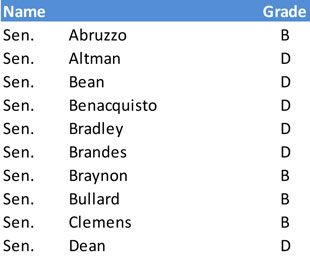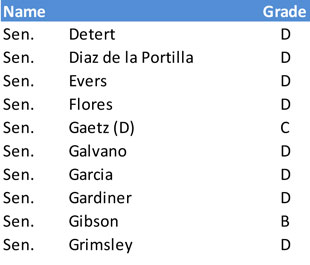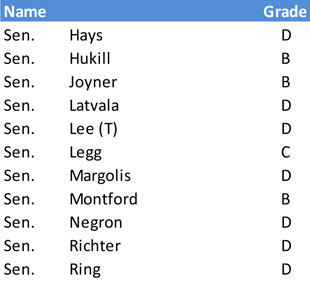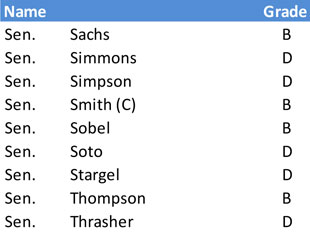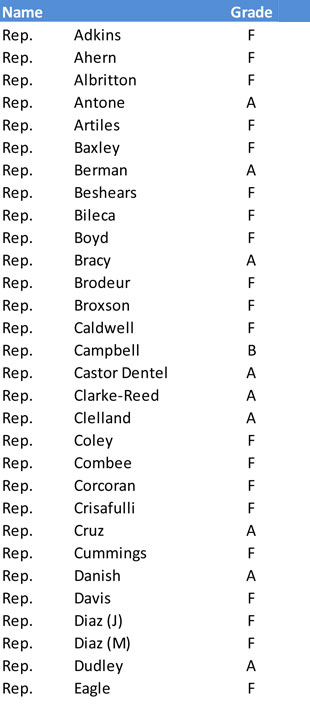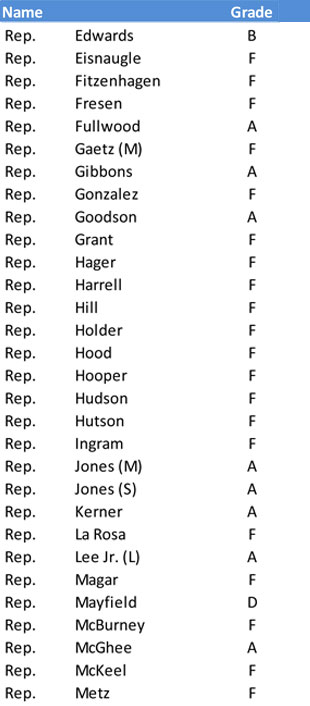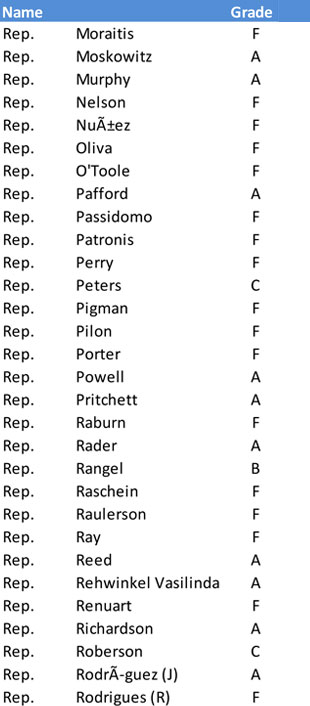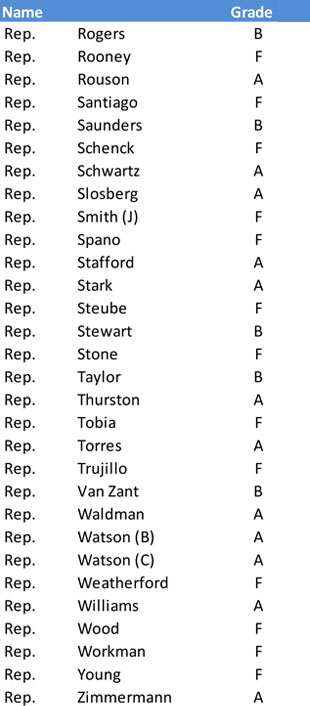The Fund Education Now 2014 Florida Education Report Card is a non-partisan look at the actions of Florida politicians. It’s time to make commitment to high-quality public education a litmus test for elected office. We owe it to Florida’s children to hold politicians accountable for their actions and their duty to provide a high quality public education for every child. In 2014, Florida voters will elect their Governor, key Senators and 121 members to the state House. Votes speak louder than words.
From the start, Florida political leaders spoke of steering clear of controversial education reforms. Their top priority was passing the budget and preserving Florida’s struggling A-F school grades/accountability system. Despite this plan, a rift over testing for voucher students grew between the Senate and the House ultimately highlighting the intent behind two controversial voucher expansions.
The 2014 Legislative session ended with a few wins for Florida public education such as passing a ban on collecting and sharing student biometric data. Citizens took action at the committee level to defeat the use of sales taxes to fund vouchers for religious schools. The charter effort to strip elected school boards of their right to approve and negotiate contracts also died in committee as did a confusing Return on Investment grading scheme for public schools, which exempted for-profit charters and private voucher schools.
Setbacks to Florida public education include an eleventh hour push by a handful of senators determined to pass voucher expansion at any cost. Unable to pass as SB 1512, the Senate stripped the entire bill and attached it to SB850. Known as a “train,” SB 850 housed the contents of three other bills. This political maneuver thwarted the democratic process by robbing Floridians of their right to full committee discussion. The law states that private , mostly religious, voucher schools are 100% exempt from high stakes testing, school grades, teacher accountability, school accreditation, hiring certified teachers and following state curriculum standards. Further, the law dramatically expands the base of eligible students by eroding the means testing used to originally justify the program.
The Education Accountability Transition Plan HB 7117/SB 1642 passed despite record numbers of citizen objections. The law provides a 1 year pause on assigning school grades, but zero relief to students who will still face grade retention, lose electives and be denied diplomas. The bill keeps all the harsh sanctions imposed on children and their teachers by A-F school grades. Legislators refused to consider the request of school boards, superintendents, teachers and parents to allow professional educators to write a new, fair accountability plan.
Despite a $360 million surplus, the claims that the 2014 budget beats the historic 2007 high point are simply not true. Today’s funding is not adjusted for inflation, unfunded digital mandates or the 80,000 additional students served this year. The 2014 per student funding is $6, 937.23, which is $206 dollars less than the $7,142.78 dollars in the 2007 budget.
The best news about the 2014 Legislative session is that your calls and letters defeated key bills, such as charter expansion, at the committee level. This is fundamental proof that your advocacy is producing results. When we work together, we have the power to make a difference for our children and their public schools.


